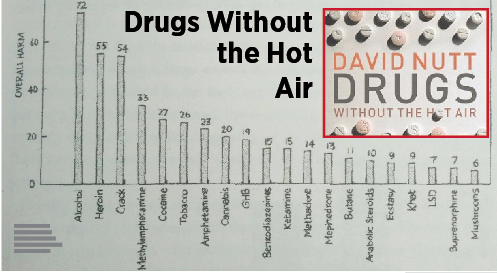Learning in lectures whilst sleeping – a dream come true?
Humans have the ability to perform automated tasks whilst subconscious

Scientists at the University of Cambridge and the Ecole Normale Superieure Paris working on a joint research project have discovered a new phenomenon of the human brain: the ability to perform automated tasks even whilst the subject is unconscious.
The study, led by Dr Sid Kouider and published in Current Biology, showed that subjects were able to classify words during sleep, suggesting the human brain may be more active than we previously thought during sleep. Scientists recorded the electroencephalogram (EEG) – a procedure that tracks and records the electrical activity of the brain as wave patterns – of the participants whilst awake and asked them to classify spoken words (e.g. Dog, Stamp) as either animals or objects by means of pressing a button (right hand for animals and left hand for objects). The procedure made it possible for the research team to compute lateralized response preparations (LRPs), which are a neural marker of response and preparation, by mapping each category of words to a specific part of activity in the brain.
The participants were placed in an environment that would allow them to fall asleep (a dark room, in a reclining chair with their eyes closed) but at the same time ensured that they were engaged with the task (listening to repetitions of the same set of words with an interval of 6-9 seconds between words). However, the set of words was changed during sleep to ensure whether the responses were based on the meaning of the word itself as opposed to reactivation of a stimulus-response association that may have been established when the participants were awake.
On comparison, the EEG patterns computed whilst participants were completely motionless and unaware showed considerable similarity to when participants were awake. This highlighted that the same regions of the brain were active (albeit more slowly) when the study subjects were listening to a different set of words whilst asleep.
Dr Sid Kouider, from Ecole Normale Superieure in Paris who led the study, mentioned how this study shows “the sleeping brain can be far more ‘active’... than one would imagine... [and] this explains some everyday life experiences such as our sensitivity to our name in our sleep, or to the... sound of our alarm clock, compared to equally loud but less relevant sounds”.
However, he also added that (in his view) only tasks which can become automated may be maintained in sleep, others will stop as sleep takes over. So for now at least, it seems like a while before we’re cramming our lectures in our sleep the week before exams.
Nevertheless, their research has paved the way for further studies into the processing capacities of the human brain during slumber.








